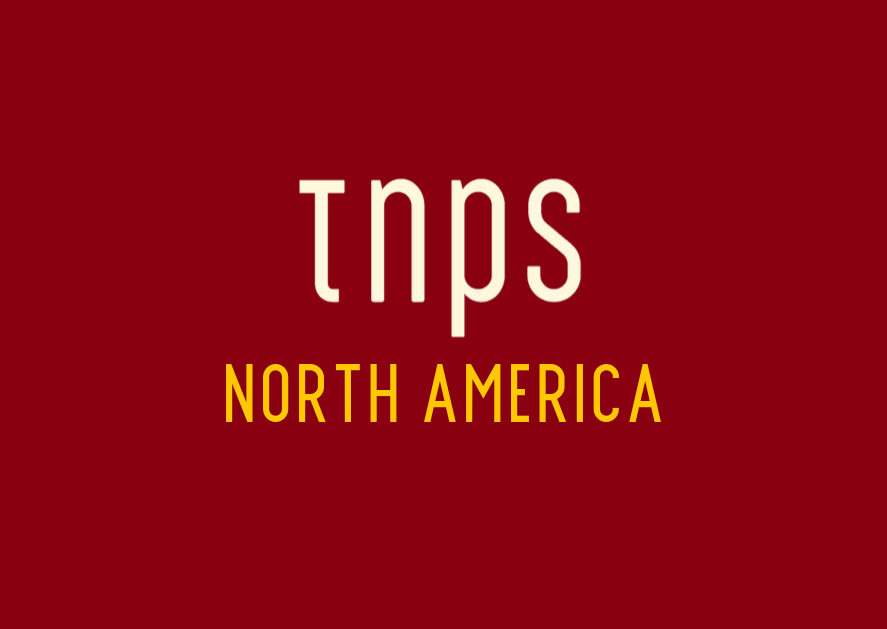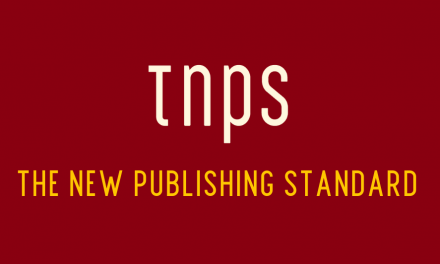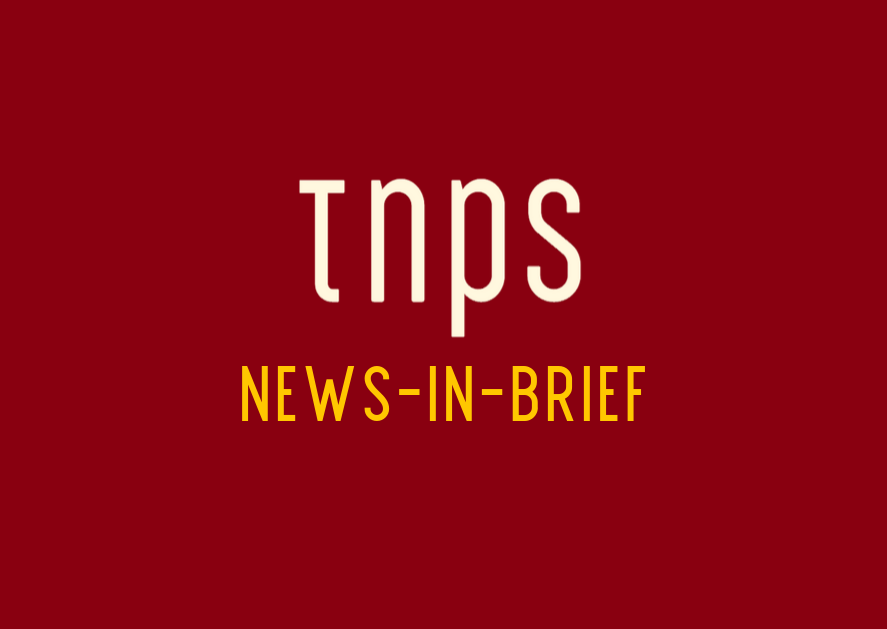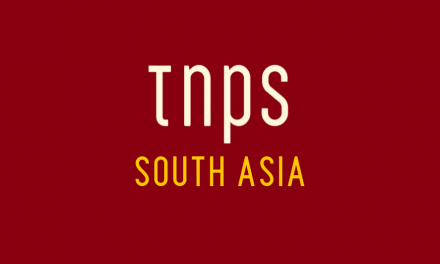While the Big 5 western ebook retailers look the other way, the digital format continues to gain ground across south and south-east Asia, driven by mobile. Next year Storytel will launch in Singapore, while Thailand’s Ookbee has long had a strong presence across SE Asia.
Yet bizarrely neither Amazon nor Apple offer ebooks in any part of Asia other than China, Japan and (not Apple) India.
Nook of course is US only, Google Play hasn’t ventured into Myanmar yet although it does have a number of Asia ebook stores, and Kobo, while it has theoretically global reach, is limited by its lack of localised content and payment options.
Which might seem to leave an open goal for indigenous ebook stores to pop up and fill the void. But life is rarely that simple.
Those self-same problems of localised payment options and sourcing localised content present challenges to would be start-ups in small countries.
And while the localised payments hurdles are fast falling as mobile finance options proliferate, localised content is a chicken and egg problem.
Put simply, publishers in nascent markets where there is no ebook retail infrastructure have little incentive to digitise their content, and prospective digital retailers have little incentive to set up shop when there is nothing to sell.
But things are moving forward as indigenous or regional outfits rise to the challenge and lay the foundations for future digital embrace.
Myanmar (Burma to those of a certain generation) is a case in point.
In October the country’s biggest telecommunications company, Myanmar Post and Telecoms (MPT), announced Myanmar’s first serious attempt at a domestic ebook service.
MPT eBooks offers ebooks. magazines and journals on mobile devices with the option to buy, rent or subscribe to content.
Reizo Umeda, Chief Commercial Officer of MPT-KSGM Joint Operations, explained at a press conference,
While Myanmar boasts a high literacy rate of 90 percent, it is still a challenge for many here to find their favourite books or publications due to the lack of physical bookstores in certain areas. MPT Books offers the largest growing library of published Myanmar content and allows book lovers to browse, purchase and rent books according to their preferences to be read anytime, anywhere with affordable rates. I hope the readers can speed up their reading skills through this service.
MPT is working with Seikku Cho Cho Publishing House, We Digital (Nga Doe Sar Pay) Distribution and more than 30 local publishing houses which are contributing thousands of digitised editions of Myanmar print books.
Launching with just 600 novels, 24 journals and 26 magazine titles (“thousands more” to come) the price is low to attract interest. A subscription costs just MMK1,999 (US$1.25) per month for a package. Purchase and 48-hour rent prices average around MMK150 (just under $1).
Myay Hmone Lwin, writer and founder of We Digital (Nga Doe Sar Pay), said,
There are a lot of free illegal download sites. We started this service to replace illegal downloads with a legal platform that can be use easily. Through this service, I believe we can bring back the renting of books which is almost disappearing as a practice. By using the MPT network which covers over 90pc of the public, we can help young people read more.
Via Myanmar Times.
This is a story of little acorns right now – 600 books in an ebook store is not going to excite many readers.
But Myanmar, with a population of 53 million, may be at only 33% internet penetration, but that’s still 18 million people online.
That’s 2 million more people online than the Netherlands, six million more people online than Romania, and twice the online population of Sweden, all of which have vibrant digital book markets.
Myanmar’s digital potential is clear.





